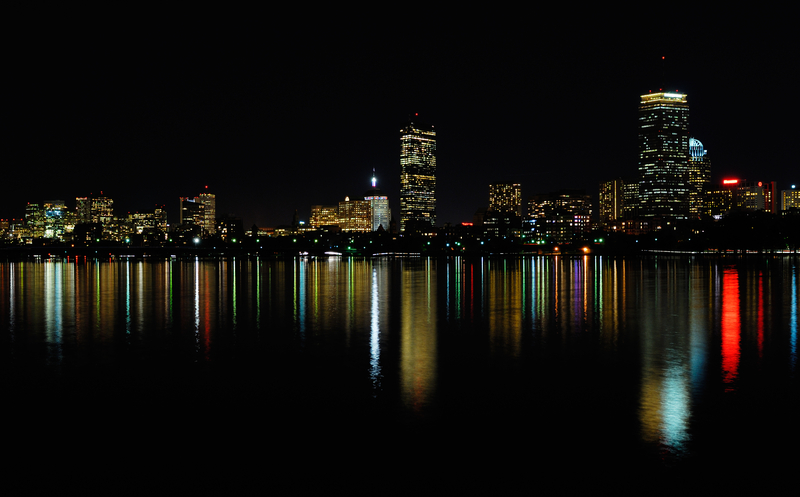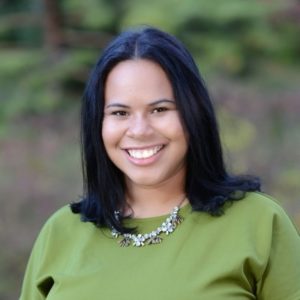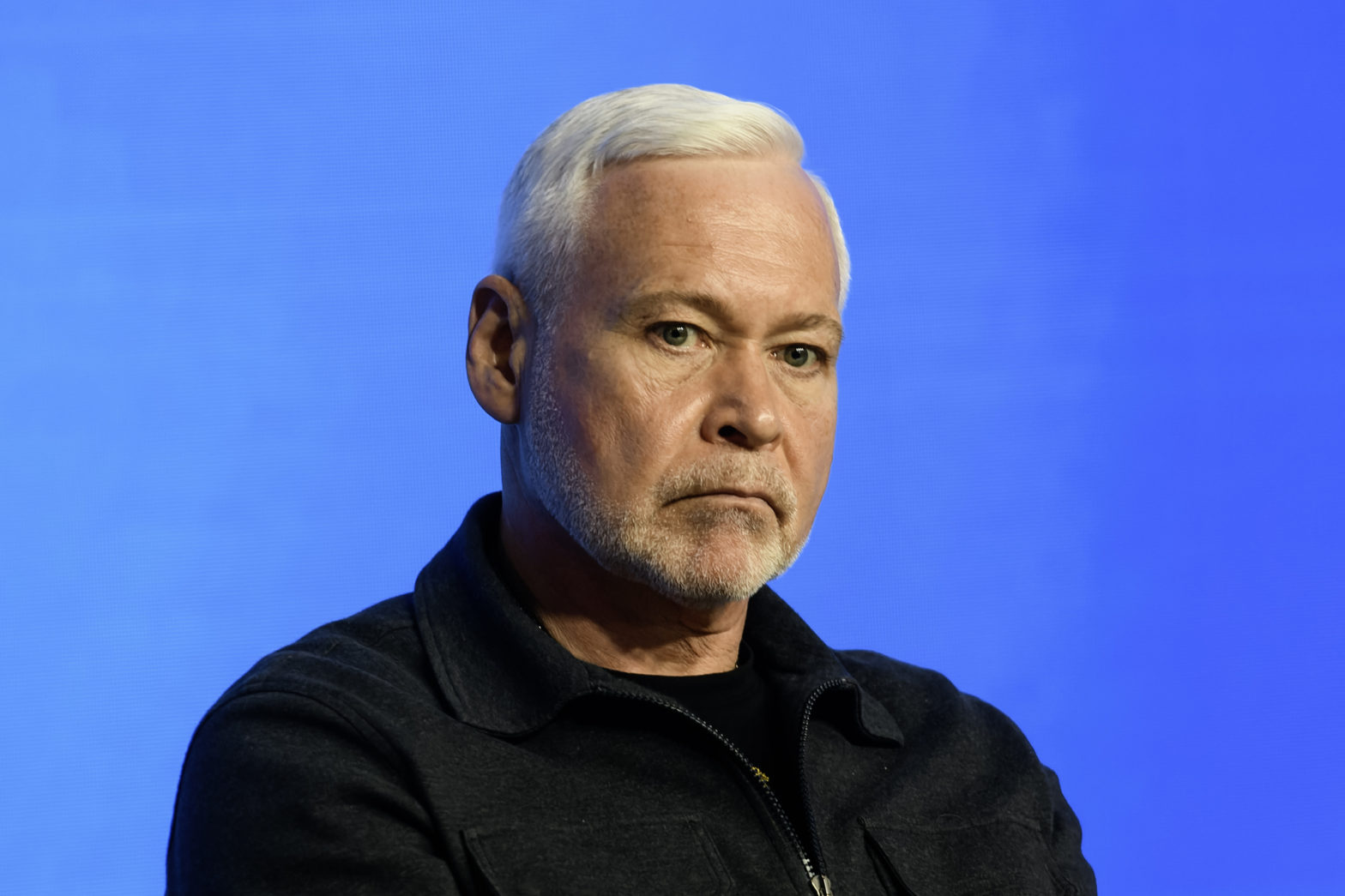
Photo: Jorge Salcedo | Dreamstime.com
Mayor appoints director to boost Boston’s night economy
28 February 2023
by Sarah Wray
Boston Mayor Michelle Wu has appointed the city’s first Director of Nightlife Economy.

Corean Reynolds will establish a new team within the Economic Opportunity and Inclusion Cabinet, tasked with tackling “longstanding, urgent challenges facing Boston’s retention strategies, such as nightlife”.
She will be responsible for working with internal and external stakeholders to better understand the post-pandemic challenges facing the nightlife economy and will lead on efforts to “redefine and reimagine” late-night Boston. Delivering equitable investments and “providing access to shared prosperity” are also part of the remit.
“We are working to create more opportunities for residents and businesses to help our night scene grow and bolster our local economy across the board,” Wu commented.
The initiative is about more than bars and aims to also involve families and older residents, as well as applying a racial equity lens.
Priorities
In a poll of over 360 people last year by local news website Boston.com, 88 percent said the city needs a better nightlife culture. The publication said that concerns about transportation, venue quality, and diversity were common threads.
One issue is that most train services in the city end at around 1am. Further, only a small minority of liquor licences in Boston are held by Black-owned businesses, and liquor licences are concentrated in predominantly white neighbourhoods. ‘Happy hour’ drink promotions have been banned in Massachusetts since 1984 over concerns about drink driving.
Reynolds said during a press conference that her priorities include increasing the amount of night-time options across the city, improving night-time transportation, and boosting public safety for people travelling at night. She is also expected to look at issues related to permitting and licensing.
“I want to thank Mayor Wu for giving me this opportunity to create a robust nightlife economy that is inclusive of all races, cultures, abilities, sexual orientations, income levels, gender expressions, family statuses and ages,” said Reynolds.
“Boston’s communities are already abundant with resources and this unique role will allow me to liaise between the Wu Administration and the flourishing business community, to strengthen and amplify the communities and businesses that already exist in Boston, while identifying new opportunities to expand connectivity, access and equity amongst Boston’s diverse population.”
Expanding nightlife was also a key part of Wu’s downtown revitalisation plan, released last year, pledging to make the area an “inclusive, round-the-clock neighbourhood”.
The plan outlined an ambition “to make Boston a 24-hour city, on par with other global cities”.
Rise of the ‘night mayor’
Reynolds, who will take up the role on March 6, most recently served as the Director of Economic Inclusion at the Boston Foundation. Last year, she was named as one of El Mundo’s Latino 30 Under 30 recipients.
By some estimates, similar nightlife-focused positions now exist in over 60 cities around the world – including Amsterdam, London, New York and Philadelphia – with various titles such as night mayor, night czar and nightlife director. This area is a priority for many cities as the sector was hard hit by the COVID-19 pandemic.








